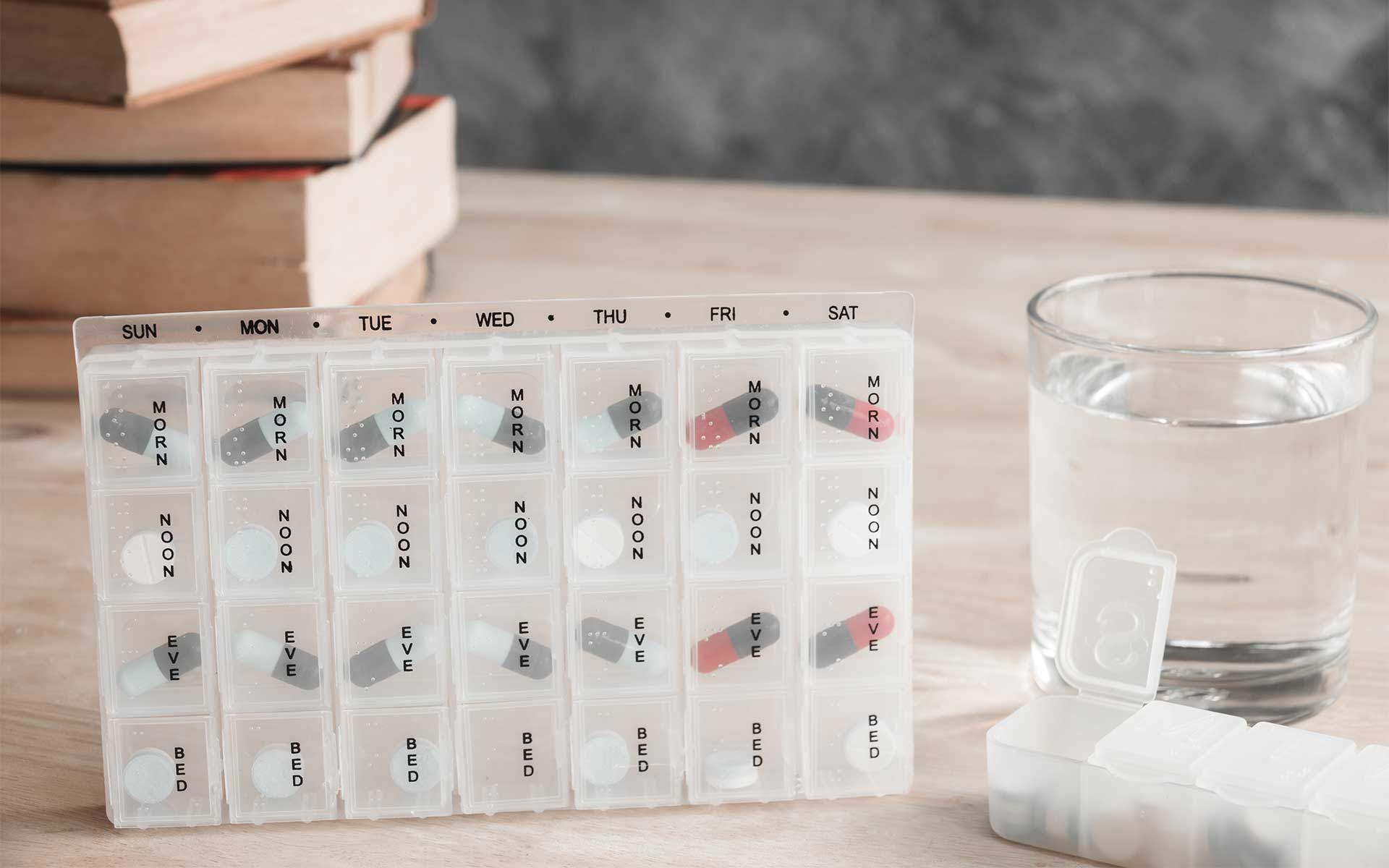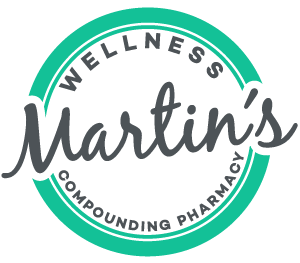Top Questions Every Pharmacist Has Been Asked

If you have ever filled a medical prescription at a pharmacy, you’ve likely been asked, “Do you have any questions to ask a pharmacist?” Although many of us may not think of questions and answers about drugs right there on the spot, they often come up at some point during the course of the prescription.
So, we’ve compiled the most frequently asked pharmacist questions and answers about prescription medications, including drug interactions, expiration, pricing, and so much more. Ready to strengthen your prescription medicine IQ? Keep reading to learn more about the most common questions to ask pharmacists when filling a prescription.
1. Is it normal for prescription drug prices to vary depending on the pharmacy?
Yes, US pharmacies can charge what they want for a prescription drug. Some pharmacies will seek the highest profit possible on a drug, while others won’t. There are a few reasons for this: cost of doing business (labor, rent, etc.), dispensary fees, and lack of market regulation. Therefore, shopping around is recommended for price-conscious consumers.
2. Are generic drugs just as good as brand-name drugs?
The FDA (U.S. Food and Drug Administration) requires that generic drugs have the same active ingredients in the same amount as the original brand name prescription. However, the other ingredients in the medication, such as fillers, can be different, which can affect how quickly the medication gets absorbed by your body.
3. Can you consume alcohol while taking antibiotics?
This is a great question for your pharmacist and one of the most common. However, the answer varies from drug to drug, including antibiotics. Typically, if there is an issue with drinking alcohol while on your medication, it will be specified on the prescription label.
4. How can you know if you are allergic to medication?
Allergies to medications are typically discovered through trial and error, so it is important to be vigilant and listen to your body when beginning a new course of medication. Adverse reactions can occur right away or over hours or even days and weeks. If you have an adverse reaction to a medication, such as a rash, upset stomach, or anything else unusual that occurs after taking a new medication, consult your pharmacists immediately.
5. Can you continue using leftover medication if you have the same symptoms as last time you used it?


Although it may seem easiest to self-diagnose, we do not recommend it. It’s important to have a doctor or nurse practitioner issue a diagnosis before taking prescription medication. Furthermore, many drugs are subject to expiration dates and may no longer be as effective.
6. What should you do if you miss a dose of your medication?
If it’s only been a few hours since your missed dose, it’s generally ok to take it - then take the next planned pill as usual (i.e., on schedule). However, if it’s been more than a few hours, hold off and take your next dose on schedule. The main exception to this rule of thumb is birth control pills. If you miss a dose, take it with your next dose (i.e., both pills at once) and use a backup birth control method for the next seven days. If you have any questions, always ask your pharmacist or prescribing doctor.
7. When can you expect the medication to start working?
Since every medication can have a different timetable, we recommend finding out what to expect in advance, then monitoring your symptoms according to these expectations. Consult your pharmacist or prescribing doctor if any unusual side effects occur.
8. What should you do if medication doesn’t work?
If you are taking medication exactly as prescribed, and it does not seem to provide the relief of results expected, consult your prescribing doctor or pharmacist. There could be several reasons for inefficacy, including insufficient dosage time or incorrect prescribed dosage. Every person is different and will react differently to prescription medications, so trial and error is often the best course of action for finding the proper medication to manage your symptoms.
9. Which activities, foods, or other medications should you avoid while taking medication?
There are many activities, such as driving, drinking, eating, operating machinery, and exercising, that may be affected by medication. It’s imperative to always carefully review the prescribed medication’s label and instructions for information regarding dosage instructions and activity warnings.
10. What should you do if medication side effects appear?


Many prescribed medications have side effects, so educating yourself about them is important before taking a new medicine. Therefore, if particularly severe or unexpected side effects occur while taking a medication, you can immediately ask a pharmacist for help. They can ascertain the severity of the side effect and recommend steps to take for relief or other courses of action.
11. Can you take medication while breastfeeding or while you are pregnant?
Many medicines are safe for pregnant and breastfeeding mothers and their babies. However, some are safer than others. So, when you’re pregnant or breastfeeding, you’ll want to check with your health care provider or ask a pharmacist before you take any new medicine, including over-the-counter drugs and dietary/herbal supplements.
12. How should medication be stored?
Prescribed medications typically include storage instructions on the label or information sheet. Overall, a good rule of thumb is to store medicines in a safe, dry location that is not exposed to extreme temperature fluctuations and is out of children's and pets' reach. Also, some medicines may require refrigeration. It’s also best to keep each medication in its original bottle unless you or someone can accurately manage the dispensing from cassettes or pillboxes.
13. What should you do if medication is making you sleepy?
Many medications are sedating, which can cause daytime drowsiness that affects your balance or ability to drive. The labeling or dosage instructions should indicate if drowsiness can occur, and these medications are often prescribed with PM dosage instructions. However, please ask a pharmacist if you have any questions or apprehension about sleepiness while taking a prescribed drug.
14. Does your age increase the risk of side effects?
The normal aging process can change how medications are absorbed, metabolized, distributed, and removed from the body, causing side effects to sometimes become more pronounced with age. It’s critical to monitor any side effects caused by a new prescription drug and ask a pharmacist or physician right away if you’re concerned.
15. How strict should the time of day you take your medication be?


If your medication comes with a specific dosing schedule, such as once a day, three times a day, etc., it should be followed as prescribed for safety and efficacy. Also, you should try to take your medication at the same time every day for the most beneficial effect.
16. How long can medicine be used after the expiration date?
Despite much debate around this question, a medication’s expiration date should not be ignored, especially with elderly patients. If you have questions about the potency and effectiveness of any medicines you take, always check with your doctor or pharmacist.
17. What does a compounding pharmacy have that regular pharmacies don’t?
There are occasions when commercially manufactured medications cannot meet a patient's needs - which is where pharmacy compounding comes in. A certified compounding pharmacy’s staff includes extensively trained pharmacists and experts in the ancient art of mixing, preparing, and packaging compounded medications.
These specialists work with doctors and prescribers to fill in the gaps missed by mass-produced drugs by providing customized solutions specific to the individual’s needs, which you can read more about in the article: Compounding Pharmacies vs. Regular Pharmacies.
18. How are compounded drugs different than store-bought drugs?
Commercially available drugs found in pharmacies or drug stores are FDA approved. However, due to mass production, they often contain fillers some people may be allergic to, such as dyes, gluten, casein, etc. They also come in a limited variety of strengths or dosages and often only come in one or two forms, like a capsule, liquid, or cream. On the other hand, compounded drugs avoid these limitations and are formulated with a tailor-made prescription.
When it comes to the question of what can I ask a pharmacist, the answer is simple - anything that concerns you about your medication or supplement routine. A pharmacist's job is to dispense medication with the education you need to take it safely. At Martin’s Wellness, our pharmacists and wellness practitioners welcome your questions and are always available to help in any way possible. Reach out or stop by Martin’s Wellness in Austin or Dripping Springs today!
